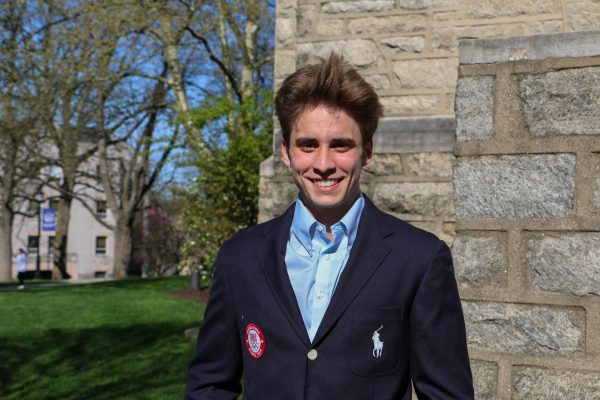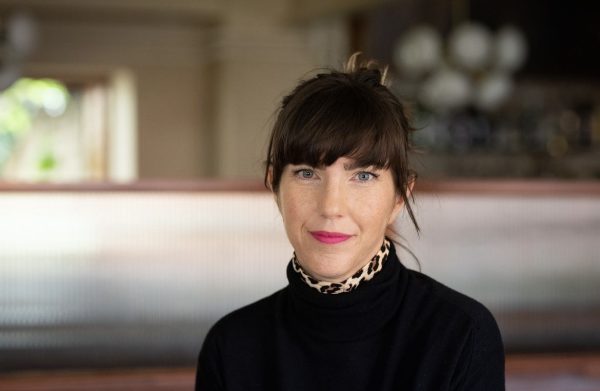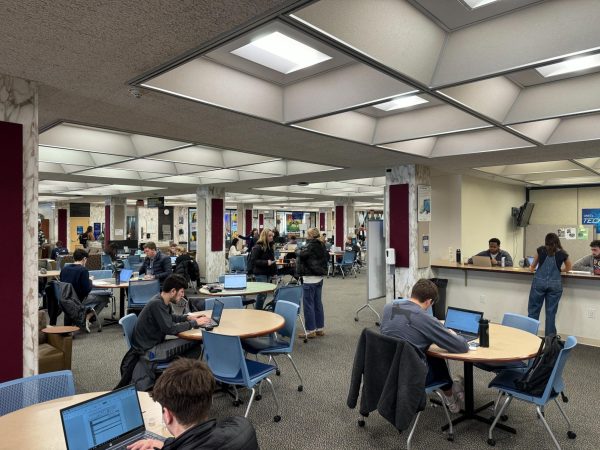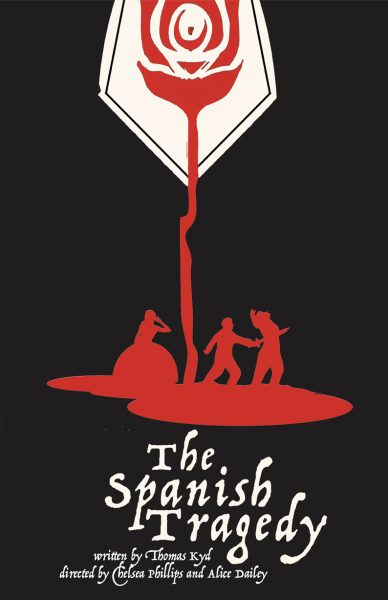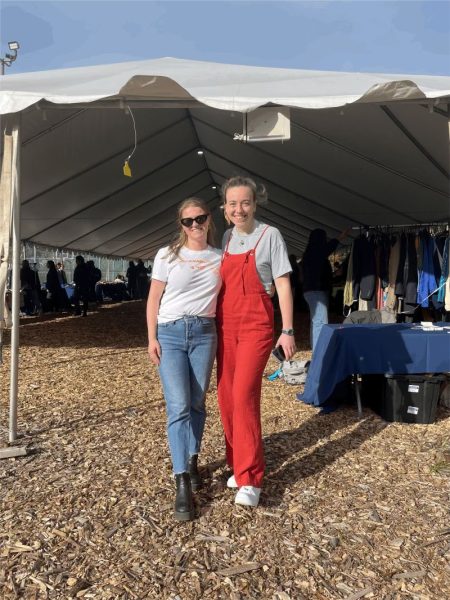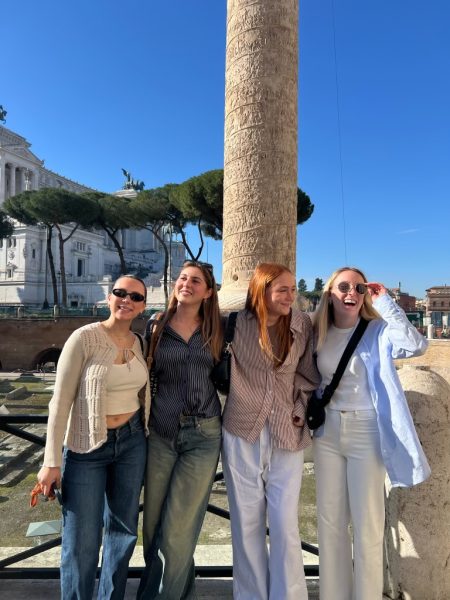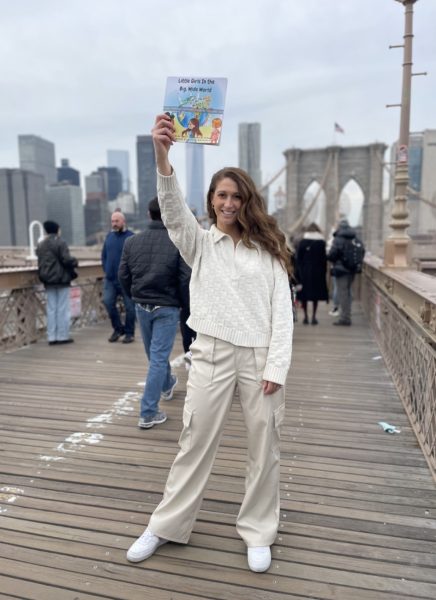Chinasa Nwokocha creates her own unique clothing line
October 30, 2014
“I’m young. What do I have to lose?” This was University sophomore Chinasa Nwokocha’s attitude when she decided to put her all into creating Emoji Express, her very own online clothing company.
Growing up in the Bronx, N.Y., Nwokocha was not always fashion-forward.
“I didn’t know how to dress at all,” Nwokocha says. “My family used to call me rainbow because I used to wear so many colors. I guess it all stemmed from wanting to prove to them that I could dress well.”
It wasn’t until she began modeling for fun with her sister during her junior year of high school that Nwokocha realized her love of fashion.
Just a year after her first modeling experience, Nwokocha decided to put together a fashion show of her own at her high school as a fundraiser for Ubuntu Africa, a non-profit organization dedicated to providing health and educational services to HIV-positive children in under-served communities in South Africa.
“The first year we raised $2,500 for Ubuntu and that was enough to sponsor a new kid into the program,” Nwokocha says. “The fact that I was able to give another child a chance to receive the services that Ubuntu has was pretty cool.”
Utilizing her relationships with designers she had modeled for in the past along with support from her friends, Nwokocha was able to make the fundraiser a success and still continues at Harvey High School today.
Since then, the 19-year-old has come a long way in developing a unique clothing line that showcases her West African culture while making it universal and appealing to American consumers.
“When I started the company, it wasn’t to create African wear exactly,” Nwokocha says when asked how the company got its name. “It was really to make t-shirts with cool sayings that incorporated emojis. The ‘Express’ came from the fact that when a customer purchases something we only ship through express delivery. I guess that’s our little competitive niche.”
While Emoji Express still guarantees express delivery, the company has expanded a great deal since then. Beginning only with herself as a designer and a friend to take photos, Nwokocha enlisted two up-and-coming clothing designers, an additional photographer and Priscilla Acquaah, a fellow Villanova student who designs shoes.
As the company grew over the summer, Nwokocha planed the company’s next big move: a Kickstarter campaign.
For those of you who haven’t heard of it, Kickstarter is a global crowdfunding platform used to fundraise for various creative projects while promising rewards for backers who pledge money. It has recently become very popular in the U.S. among amateur filmmakers, musicians and even some celebrities, such as Zach Braff, who used the platform to raise funds for his latest film, “Wish You Were Here.”
In order to prepare for her own campaign, Nwokocha and her team developed designs for a fall sample collection and planned to launch it a month before the campaign began in order to gauge her customers’ reactions.
“People were really excited to buy things, especially the shoes,” Nwokocha said. “We made about two dozen pairs and they sold out in a week. I wish we had made more. I feel like we lost out on sales because the lack of supply.”
Although the response to fall collection was encouraging, the Kickstarter campaign is not going as well as Nwokocha and her team would have hoped, with only $1,087 pledged of the $15,500 goal and 20 days left. If time runs out and the goal is not reached, the money is returned to the backers.
“It’s gotten to the point where instead of letting it stress me, I’m just thinking about other ways to raise money for our company, because with the money we gain we really want to be able to start mass producing our designs,” Nwokocha says. “We have a lot of new designs we’ve been working on that we’re eager to mass produce, but we need the funds to be able to do that.”
Although the campaign has not been as successful as she had hoped, Nwokocha remains optimistic about her dream for the future of her company.
“We are still working with Ubuntu Africa,” Nwokocha says. “We haven’t figured out a percentage because we’re not there yet. We are taking everything one step at a time, but we want to donate a portion of the sales to the organization, and as we grow the money allocated to them will grow.”
While remaining hopeful, Nwokocha is not naïve. She currently attends networking events and researches internships all the while pursuing a double major in marketing and management, in case her company does not continue to grow as she hopes.
Ideally, Nwokocha would like to begin mass production within the next year and have a physical store location within the next five.
Whether or not she achieves this goal, it is clear that with her drive, vision and positivity Nwokocha will go far in whatever she does as long as she continues to tell herself: “What do I have to lose?”


